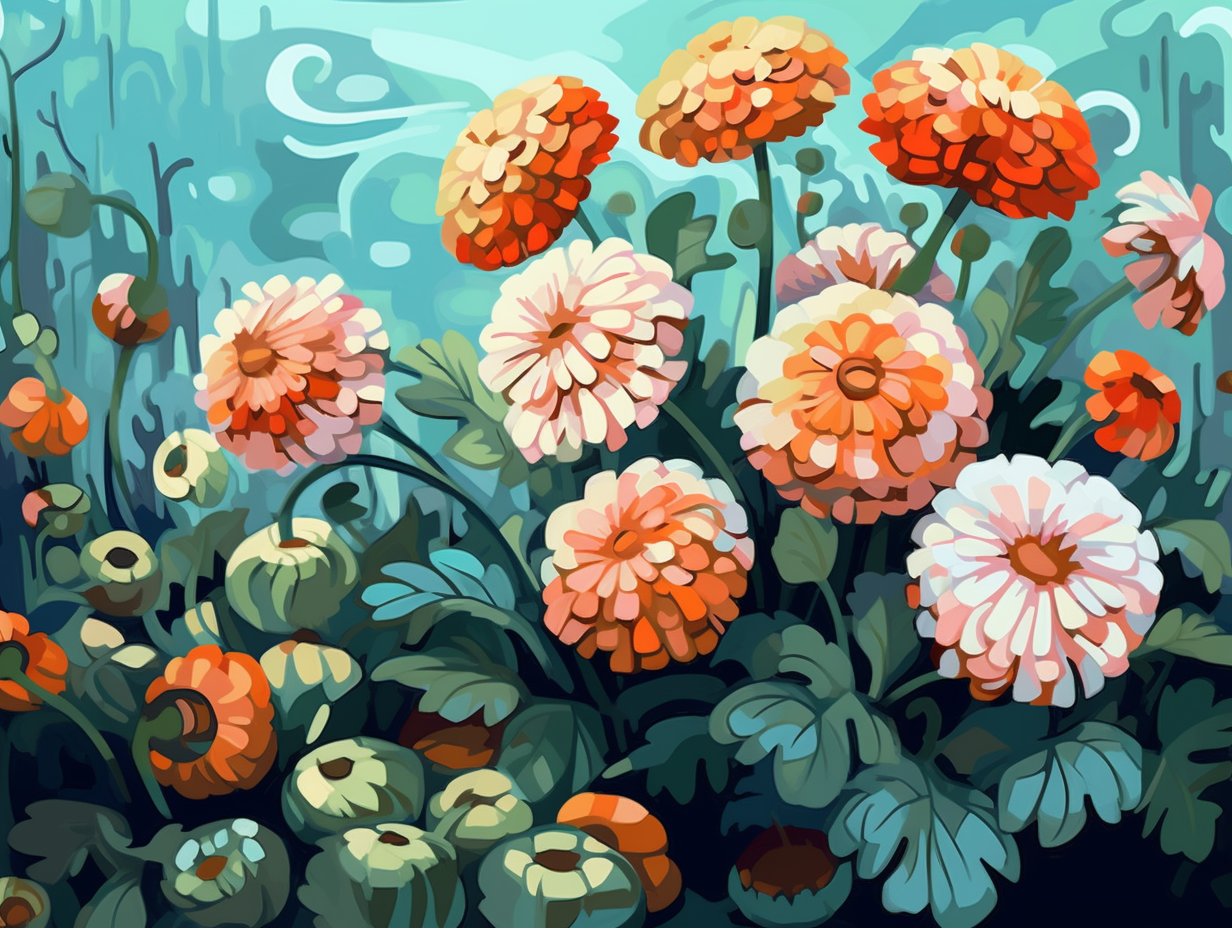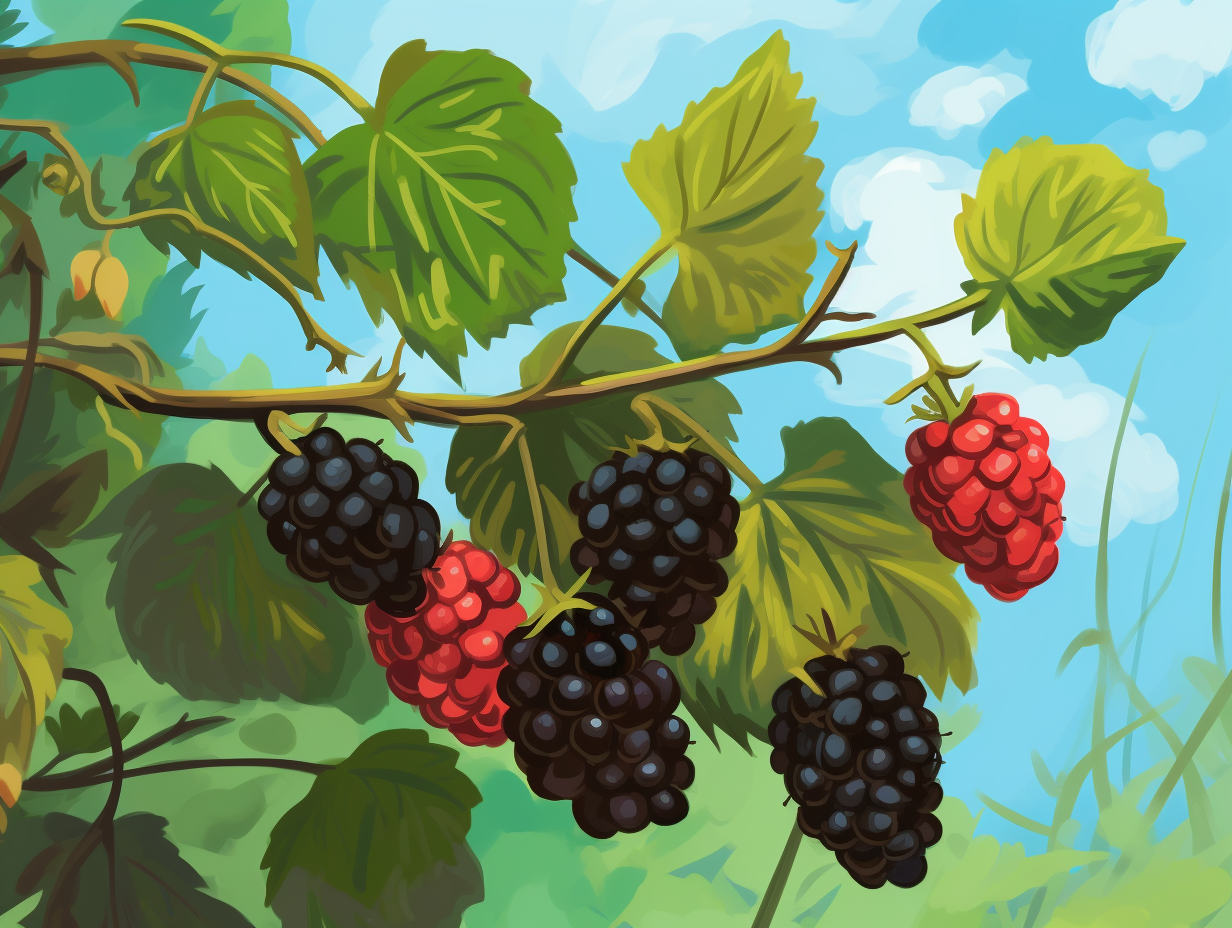Discover the Blooming World of Azaleas: Top 9 Fun Facts You Need to Know!

1. Japan's Azalea Extravaganza
Who needs a bouquet when you can have a whole azalea extravaganza? Azaleas have been the life of Japan's flora party for centuries, starring in blooming festivals and flaunting their vibrant wardrobe of red, pink, and white: The azalea craze reached its peak during Japan's Edo Period, and it shows no signs of wilting, with over 40 native varieties adorning well-known spots like Nezu Shrine, Mt. Katsuragi, and Shiofune Kannon-ji Temple – becoming the darlings of springtime festivals and classic floricultural Instagram posts.
Source => kyuhoshi.com
2. Mad Honey Disease Culprit
Whoever said "you are what you eat" clearly had never turned into a rhododendron for munching on an azalea—although, they could have certainly felt the buzz: Some rhododendron and azalea plants contain a compound called andromedotoxin, which when ingested by humans or animals, can lead to honey intoxication or "mad honey disease", causing symptoms like salivation, vomiting, weakness, low blood pressure, and even cardiac arrhythmia.
Source => rhodyman.net

Discover the jungle's gigantic, smelly superstar: the titan arum, or corpse flower, boasting a staggering 6 to 8 feet in height, a bloom diameter close to 3 feet, and gigantic leaves! 🌺💀🌿
=> Fun Facts about Flowers
3. 10,000 Colorful Varieties
Move over, Pokémon – there's a new collector's dream in town, and it's blooming with possibilities: Azaleas and rhododendrons boast a whooping 10,000 registered varieties, making them some of the most kaleidoscopically diverse flowering plants on this green Earth!
Source => piedmontmastergardeners.org
4. Irresistible to Bees, Butterflies, and Hummingbirds
Azaleas: the bee's knees, a butterfly's crush, and a hummingbird's love potion! These botanical heartthrobs have mastered the art of flirting with flying friends: their nectar-rich blooms not only dazzle us humans with their beauty, but also entice bees, butterflies, and hummingbirds into their fragrant embrace, making these flowering shrubs a must-have for a garden buzzing with life.
Source => gardenerspath.com

5. Red Azaleas in China's Huangshan Peaks
If you're looking for some "peak" entertainment with a generous dash of crimson beauty, pack up your sense of adventure and hitch a ride on a magical mystery tour: In Anhui, eastern China, you can ascend via cable car into the Huangshan peaks and be dazzled by the stunning contrast of bright red azaleas against the majestic mountains of Jinzhai County.
Source => nationalgeographic.com
6. Outlasting Your In-Laws
Outliving their welcome: Azaleas, the perennial freeloader of the garden world, enjoy a cheeky habit of sticking around longer than your in-laws on Christmas vacation. With a moderate lifespan of more than 25 years – and some reports of plants sticking it out for over half a century – their longevity depends on factors such as environmental conditions and proper care. Nevertheless, these tireless shrubs keep gardens animated with their everlasting beauty.
Source => wizardofyards.com
7. Fragrant Party Showstoppers
Who knew azaleas could be the life of the party, even outshining the punch bowl with their subtle perfume showstopper? Watch out, roses, there's a new belle of the ball: Some azalea species, like the mountain azalea (R. canescens) and the coastal azalea (R. atlanticum), not only boast a brilliant array of colors but also emit delightful fragrances, ranging from gentle floral notes to a captivating musky scent. Now that's what we call a blossoming sensory experience!
Source => gardenerspath.com
8. North America's Glenn Dale Hillside
When azaleas met the frozen north, it was a match made in floral heaven: The Glenn Dale Hillside at the U.S. National Arboretum is home to over 800 named Glenn Dale azalea hybrids, bred by former Arboretum Director Benjamin Y. Morrison to boast large, vibrant blossoms while surviving colder climates like hardy flower warriors.
Source => usna.usda.gov
9. Monitoring Cambium Swelling
Azaleas: masters of undercover wire operations, stealthily avoiding the notorious cambium swelling that plagues their coniferous counterparts. The serious reveal: Azaleas have a fine, reactive cambium that moves over training wire without forming a swelling, making pruning and shaping quite the horticultural challenge.
Source => bonsaiempire.com
Related Fun Facts




















